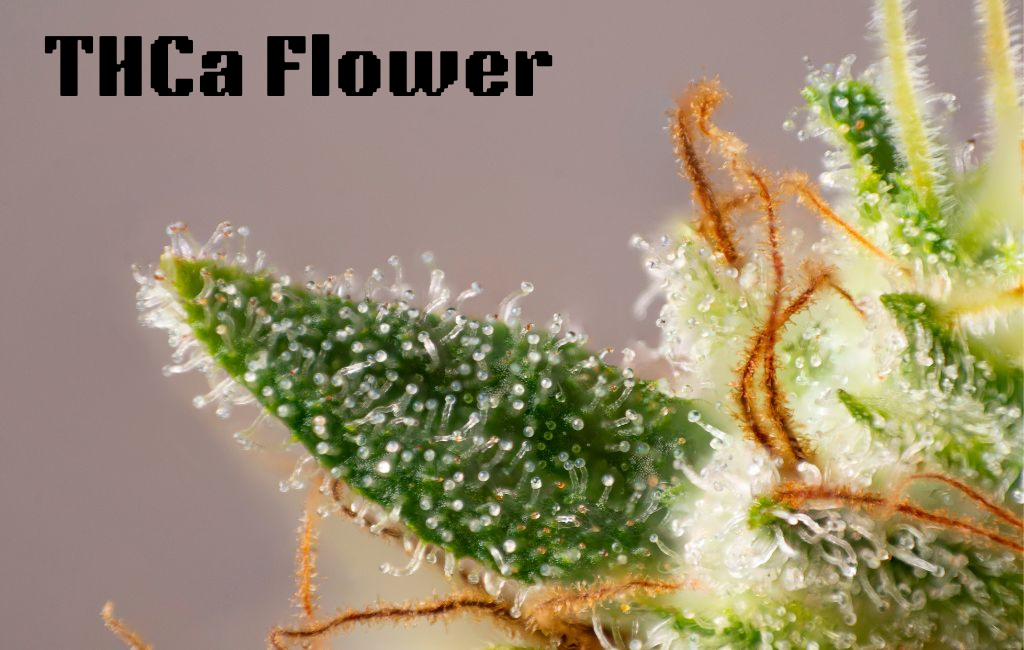THCa Flower Wellness Effects Explored
In recent years, the interest in cannabis and its various compounds has surged, with THCa flower gaining particular attention. THCa, or tetrahydrocannabinolic acid, is a non-psychoactive cannabinoid found in raw cannabis plants. Unlike THC, THCa does not produce a high when consumed. This article explores the wellness effects of THCa flower, providing insights into its potential benefits and uses.
Understanding THCa
THCa is the acidic precursor to THC. When cannabis is heated through smoking, vaping, or cooking, THCa converts to THC, the compound responsible for the psychoactive effects. In its raw form, THCa offers a range of potential health benefits without the intoxicating effects associated with THC.
Potential Health Benefits of THCa
Research into THCa is still in its early stages, but preliminary studies and anecdotal evidence suggest several potential health benefits:
- Anti-inflammatory Properties: THCa may help reduce inflammation, making it a potential option for those with inflammatory conditions such as arthritis.
- Neuroprotective Effects: Some studies indicate that THCa might protect brain cells, which could be beneficial for neurodegenerative diseases like Alzheimer’s.
- Anti-emetic Effects: THCa has shown promise in reducing nausea and vomiting, which could be helpful for patients undergoing chemotherapy.
- Appetite Stimulation: THCa may help stimulate appetite, offering potential benefits for individuals with conditions that cause appetite loss.
Case Studies and Research
While comprehensive clinical trials are limited, several case studies and research efforts provide insights into THCa’s potential:
Case Study: Inflammatory Conditions
A small-scale study involving patients with arthritis found that THCa reduced joint swelling and pain. Participants reported improved mobility and a decrease in the use of traditional pain medications.
Research on Neuroprotection
Animal studies have shown that THCa may protect neurons from oxidative stress, a key factor in neurodegenerative diseases. These findings suggest potential therapeutic applications for conditions like Parkinson’s and Huntington’s disease.
Consumption Methods
THCa can be consumed in various ways, each offering different benefits:
- Raw Consumption: Consuming raw cannabis leaves or flowers in smoothies or salads preserves THCa in its natural form.
- Tinctures and Oils: THCa tinctures and oils provide a convenient way to incorporate THCa into daily routines.
- Topicals: THCa-infused creams and balms can be applied directly to the skin for localized relief.
Legal Considerations
The legal status of THCa varies by region. In some areas, THCa is legal due to its non-psychoactive nature, while in others, it falls under the same regulations as THC. It’s important for consumers to understand the laws in their area before purchasing or using THCa products.
Consumer Experiences
Many users report positive experiences with THCa, citing benefits such as reduced pain, improved mood, and increased energy levels. These anecdotal accounts, while not scientifically verified, contribute to the growing interest in THCa as a wellness supplement.
Challenges and Future Research
Despite promising findings, challenges remain in the study of THCa. The lack of large-scale clinical trials limits the ability to draw definitive conclusions about its efficacy and safety. Future research is needed to fully understand the potential of THCa and its role in wellness.
Conclusion
THCa flower presents an intriguing option for those seeking the potential benefits of cannabis without the psychoactive effects. While research is still developing, early studies and user experiences suggest that THCa may offer anti-inflammatory, neuroprotective, and anti-emetic properties. As interest in cannabis compounds continues to grow, THCa stands out as a promising area for further exploration and understanding.

